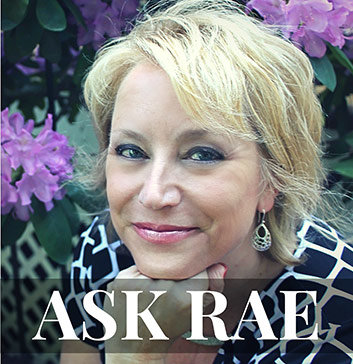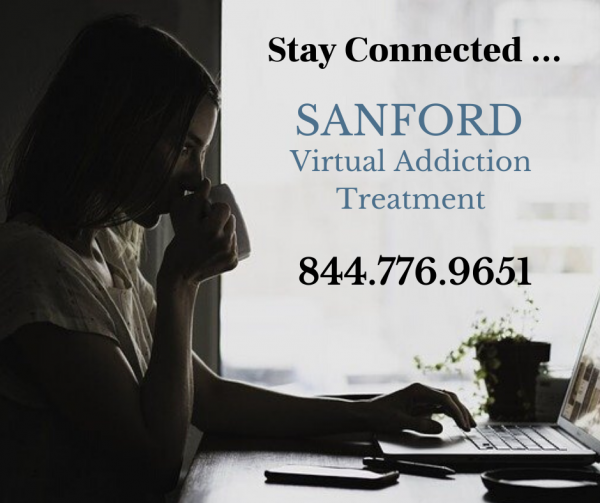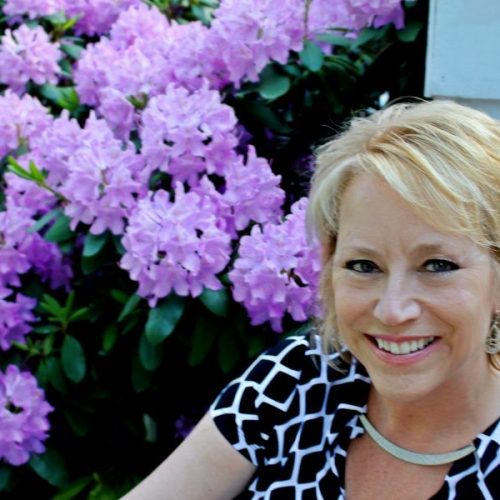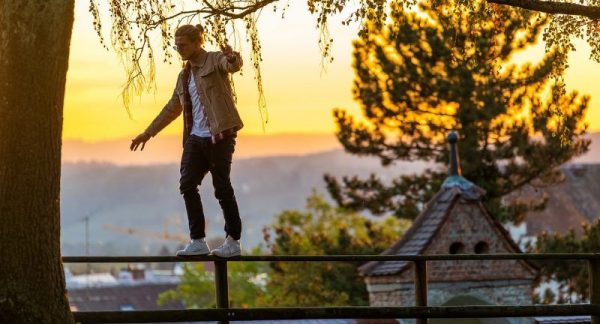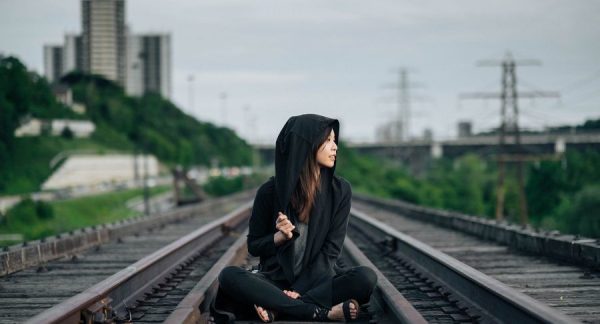Dear Rae: Is My High Anxiety Threatening My Recovery?
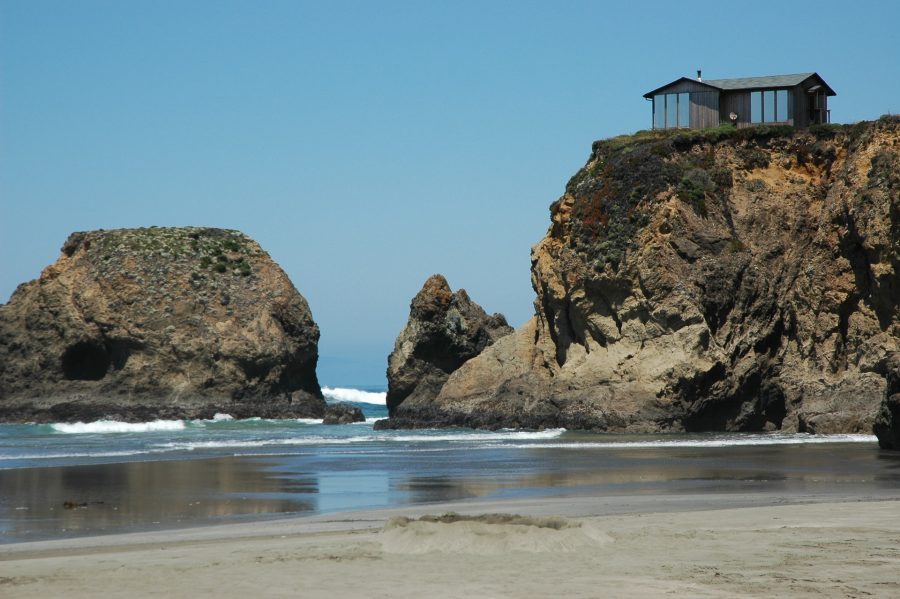
Dear Rae: I’m home alone and scared – is my high anxiety threatening my recovery?
I am reading everywhere that this difficult time is particularly hard on those of us in recovery. I am a year sober from alcohol and drugs myself, live with my boyfriend and I am really struggling with high anxiety. I’m working from home, but he is still working in the outside world. I feel confused about what to do to stay safe. I keep thinking of what would happen if I got sick. What if I had to go to the hospital? What if I lose my job? And what happens if my boyfriend gets coronavirus? I am having trouble sleeping and to be honest, I have been thinking of drinking. My boyfriend does have beer in the house … What can I do to get my anxiety under control?
Carol R.
Dear Carol R.
High anxiety during this time of physical and social distancing is understandable. For those in recovery, it is a particularly difficult time, as the treatment of substance use disorders (SUD) and recovery incorporates group therapy and connection in 12-step groups and other community activities. Counselors and therapists understand the significance of personal connection, and now that 12 step meetings and in-person sessions have ceased, it’s critical to seek out connection via online video conferencing platforms. Or even an old-fashioned phone chat! It’s way easier for those with a history of substance use disorder to fall back into isolation. Your situation is further exacerbated by two things: you are staying at home, seemingly worried about your work stability, and your boyfriend is still drinking.
Anxiety and SUDs go hand in hand. In fact, there is a prevalence of substance use disorders among those with anxiety disorders. Often that is because alcohol and drugs are used to ease tension. It sounds like your anxiety could be related to our current state of unpredictability, as our normal routines have been interrupted by uncertainty and fear. But as a person in recovery, you already know that alcohol and drugs are not an option for you.
Things to do to reduce high anxiety
Slow down – take stock
Be grateful for all that you do have. Maybe even spend some time writing these things down. For example, What are 5 things you are grateful for right now?
Create control for yourself
Challenge your thoughts. Many things in life are beyond our control. Focus on the things you can control such as the way you choose to react to problems. Do your best at your work, and follow coronavirus guidelines.
Talk with family members about their drinking or drug use …
Let your boyfriend know the effect his drinking is having on your stress level and your recovery. If your boyfriend is a problem drinker, It can be hard to bring up the subject, but try to keep the lines of communication open and offer support. And if you are feeling vulnerable it is never appropriate to have alcohol in the house when you are there alone.
Limit television and social media
With the world in a state of crisis, gathering information is one way to feel in control. But over-consuming the news, especially fearful and unpredictable news, will not do your mental state any favors.
Stop thinking and take a walk
When you’re experiencing anxiety, the last thing you probably feel like doing is getting up and moving. But physical activity is a huge stress reliever—and you don’t have to be an athlete or spend hours exercising to experience the benefits. Movement releases “feel good” endorphins and it serves as a distraction from your daily worries.

Open the windows
The sensory stimulation provided by fresh air, along with the sound of nature, has been shown to increase brain activity, which can help to relieve anxiety and depression.
Meditate
The fastest way to reduce stress is by taking a deep breath and focus on your surrounding with your senses (what do you see or hear?). Perhaps look at a favorite photo, smell something delicious, listen to a favorite song, or hug your pet if you have one. These things can help you quickly relax and focus yourself. The best way to “get better” at meditation is to practice it daily. Close your eyes and recite a positive affirmation.
Work, eat and sleep in different locations
By now, deep in the coronavirus quarantine, many of us are trapped in an even more extreme cycle of “eat, sleep, work, repeat.” Try to change up the scenery.
Live in the day/moment – no catastrophic thinking
“The secret of health for both mind and body is not to mourn for the past, worry about the future, or anticipate troubles, but to live in the present moment wisely and earnestly.” – Buddha
Try to stop the “what ifs” by taking precautions
When facing major challenges, try to look at them as opportunities for personal growth. View stressful situations from a more positive perspective if you can. And if you fear you or your boyfriend are particularly vulnerable to coronavirus, strictly follow guidelines for protection and decontamination.
Virtual Relapse Prevention Classes, 12-step virtual meetings
Humans are intensely social beings and need to feel connected, particularly in recovery. Personal sharing is one of the easiest and most overlooked ways to create that connection, and there are endless options for online venues in which to do this. Attendance at virtual meetings is not dictated by geography. Try a meeting out of state, a relapse prevention class – a new experience to embrace.
This too shall pass …
I want to remind you that you have experienced an entire year in recovery. Take a moment to think about what the pandemic would be like to navigate if you were still drinking or using. You have already met incredible challenges. Now is the time to rely on those coping skills you have honed during a year of recovery. If you are used to going to 12-step meetings, find a virtual option. Garden, learn to knit, read, or get out for a run. This difficult season will pass, but your hard won recovery will be with you for a lifetime!
Rae Green, JD, LPC, CAADC
To ask your own question of Rae, click the link below:
